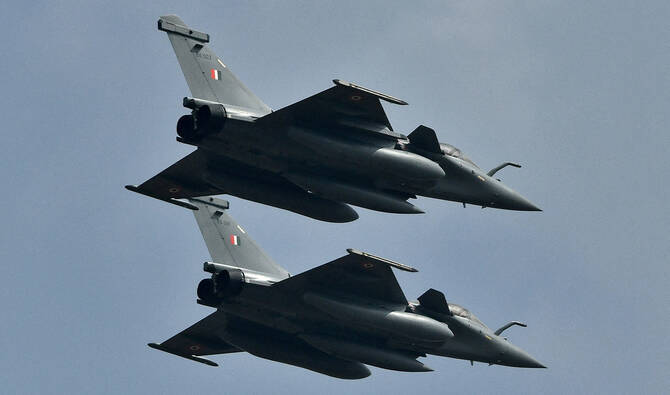India to develop fighter jet engines with French collaboration

Strategic Partnership for Indigenous Defence Manufacturing
India is making significant strides in its quest for self-reliance in the defence sector. Recently, the country has announced a strategic partnership with a French company to develop and produce fighter jet engines within its borders. This initiative was unveiled by Defence Minister Rajnath Singh during a conference held in New Delhi. The minister emphasized that India’s goal is to manufacture aircraft engines domestically, which would significantly enhance the nation’s indigenous defence capabilities.
While the specific name of the French company was not disclosed, Indian media outlets have speculated that it could be Safran, a well-established player in the aviation and defence industry. This collaboration comes on the heels of the approval of the prototype for India’s fifth-generation Advanced Medium Combat Aircraft (AMCA) in May. The project represents a major milestone in India’s journey toward achieving greater autonomy in its military production.
A Shift Toward Domestic Production
India has long been one of the world's largest importers of arms, but there has been a growing emphasis on modernizing its military while simultaneously increasing local manufacturing. This shift is evident in several recent developments. For instance, India recently finalized a multi-billion-dollar deal to acquire 26 Rafale jets from France's Dassault Aviation. These aircraft will join the existing fleet of 36 Rafale jets already in service, replacing the older Russian MiG-29K models.
The government has also set ambitious targets for domestic military contracts, aiming to allocate $100 billion in new contracts by 2033. This move is part of a broader strategy to promote local arms production and reduce dependency on foreign suppliers. Over the past few years, India has taken several steps to bolster its defence infrastructure, including the establishment of new military factories, the development of its first domestically built aircraft carrier, and successful tests of hypersonic missiles.
Strengthening Regional Security
Despite ongoing tensions with Pakistan, particularly following a four-day conflict earlier this year—the most severe since 1999—India remains focused on strengthening its defence ties with Western allies. The country has deepened its partnerships with nations such as the United States, Japan, and Australia, especially through the Quad alliance. These collaborations are aimed at enhancing regional security and ensuring a more stable geopolitical landscape.
India’s efforts to build a robust and self-sufficient defence industry reflect a broader national strategy to assert its position as a key player on the global stage. By investing in research and development, fostering international partnerships, and prioritizing domestic production, the country is laying the groundwork for a more secure and independent future. As these initiatives continue to take shape, they are expected to play a crucial role in shaping India’s military and strategic landscape in the years to come.
Comments
Post a Comment